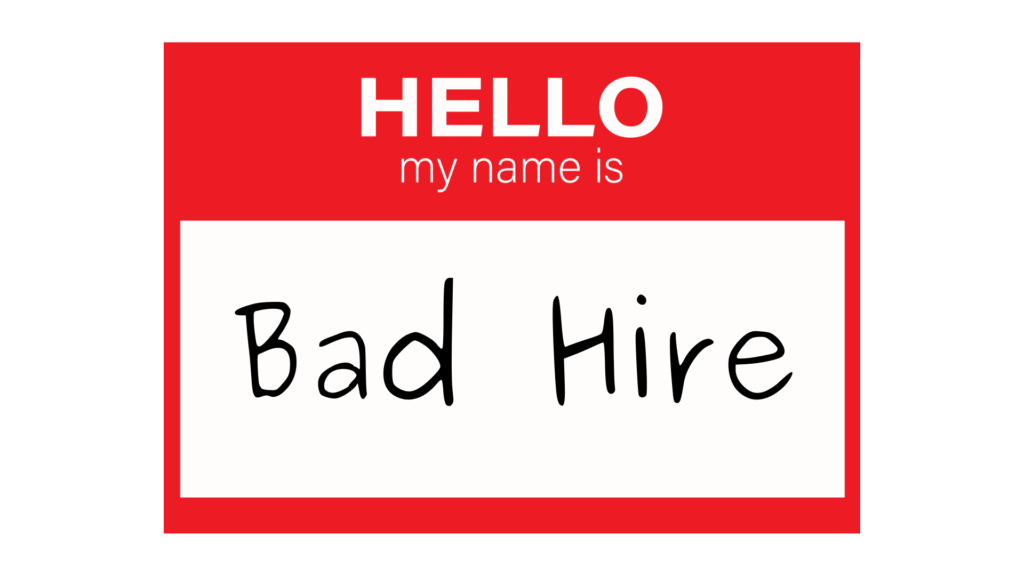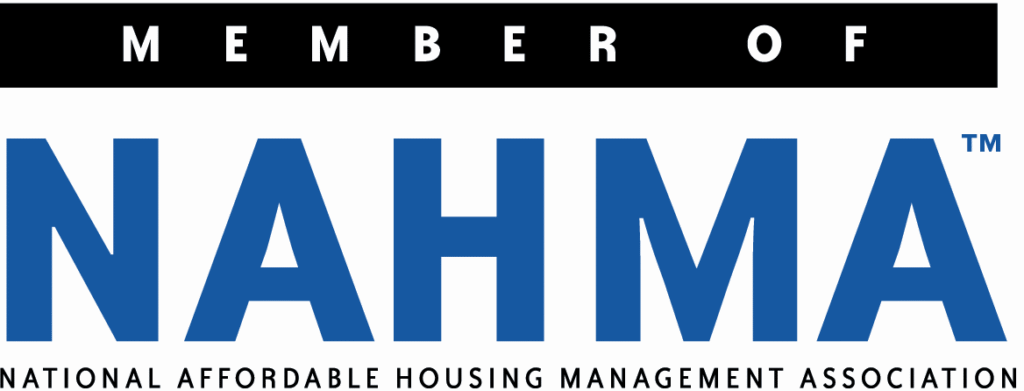Hiring the right talent is critical to a company’s success in the competitive business world. However, not every hiring decision yields positive results. A bad hire can have far-reaching consequences that go beyond the immediate disappointment of a failed employee. Let’s explore the various ways in which a bad hire can impact a company and why organizations cannot afford to make hiring mistakes.
Financial Implications
A bad hire’s financial impact on a company is one of the most tangible costs. The recruitment process involves significant investments in terms of time and money, including job postings, interviews, background checks, and onboarding. When a new hire turns out to be a poor fit or underperforms, these investments can quickly go down the drain.
Reduced Productivity
A bad hire can disrupt the workflow and productivity of a team or department. This individual may struggle to meet their job responsibilities or, worse, create conflicts and disruptions within the team. In such cases, the team’s overall productivity can decline, affecting the company’s ability to meet its goals and deliver results to clients. Additionally, supervisors are taken away from their responsibilities in order to sort through resumes and conduct interviews. Hiring managers become recruiters in addition to their responsibilities and covering a vacant opening. They can become burnt out, and their performance can suffer as well.
Damaged Company Reputation and Dissatisfied Clients and Customers
When a bad hire works with your clients or customers, you can not only lose business but end up with a damaged reputation. A few bad Google Reviews can tarnish your brand and steer your business toward a competitor.
Damaged Morale
The presence of a poorly performing employee can have a demoralizing effect on the rest of the team. Talented and hardworking employees may become frustrated by having to compensate for the bad hire’s shortcomings, which can lead to a decrease in job satisfaction, lower morale, and increased turnover among high-performing team members.
Missed Opportunities
A bad hire can also result in missed opportunities for growth and innovation. When a company employs individuals who do not contribute effectively to their roles, it may miss out on fresh ideas, creative solutions, and the chance to stay competitive in a fast-paced market. The cost of lost opportunities can be incalculable in the long run.
Training and Development Costs
Investing in the training and development of new employees is essential for their success and integration into the company. When a bad hire leaves or is terminated, the resources spent on their training and development become wasted. Companies must then invest in retraining new hires, further increasing the overall cost of the hiring process. According to businessnewsdaily.com, the average cost of a bad hire ranges from $17,000 to $240,000, depending on the type of role.
The cost of a bad hire extends far beyond the initial salary. It affects a company’s finances, productivity, team dynamics, and reputation in a business environment where every resource and decision counts. Ultimately, hiring the right talent is an investment in the company’s future success, and the cost of a bad hire is a stark reminder of the importance of getting it right.





